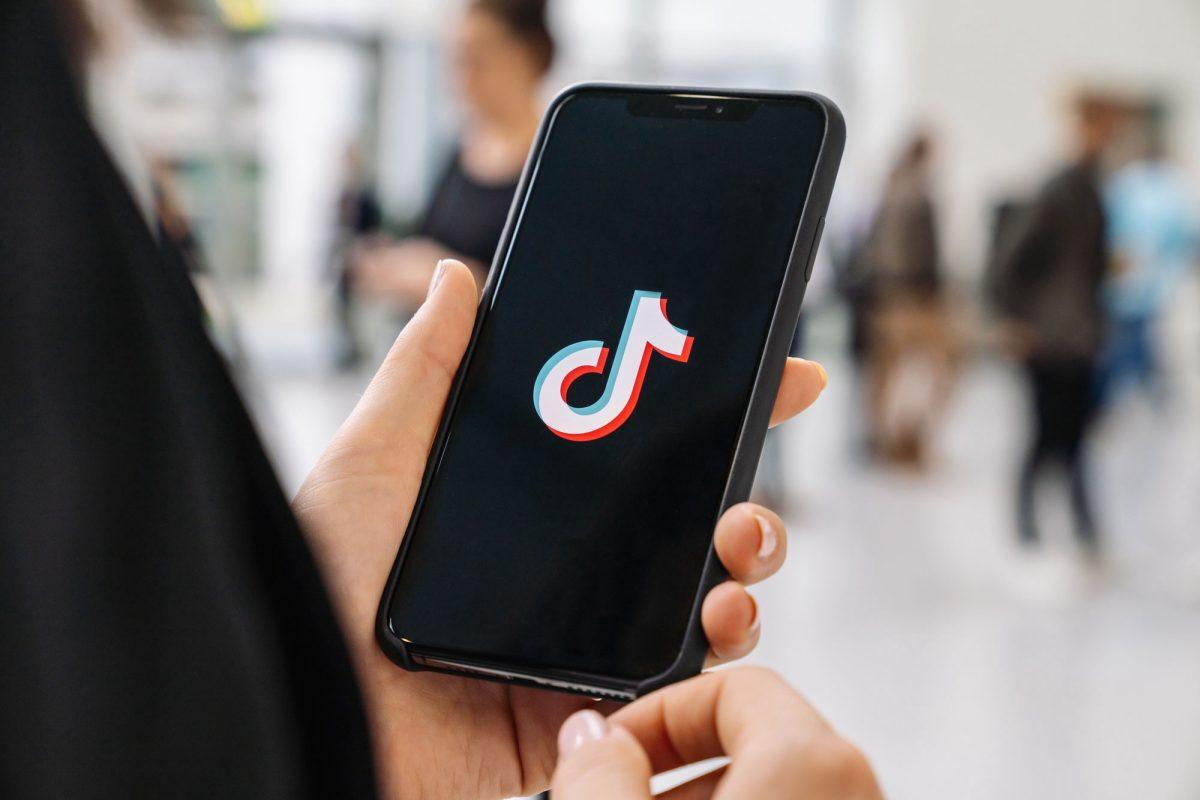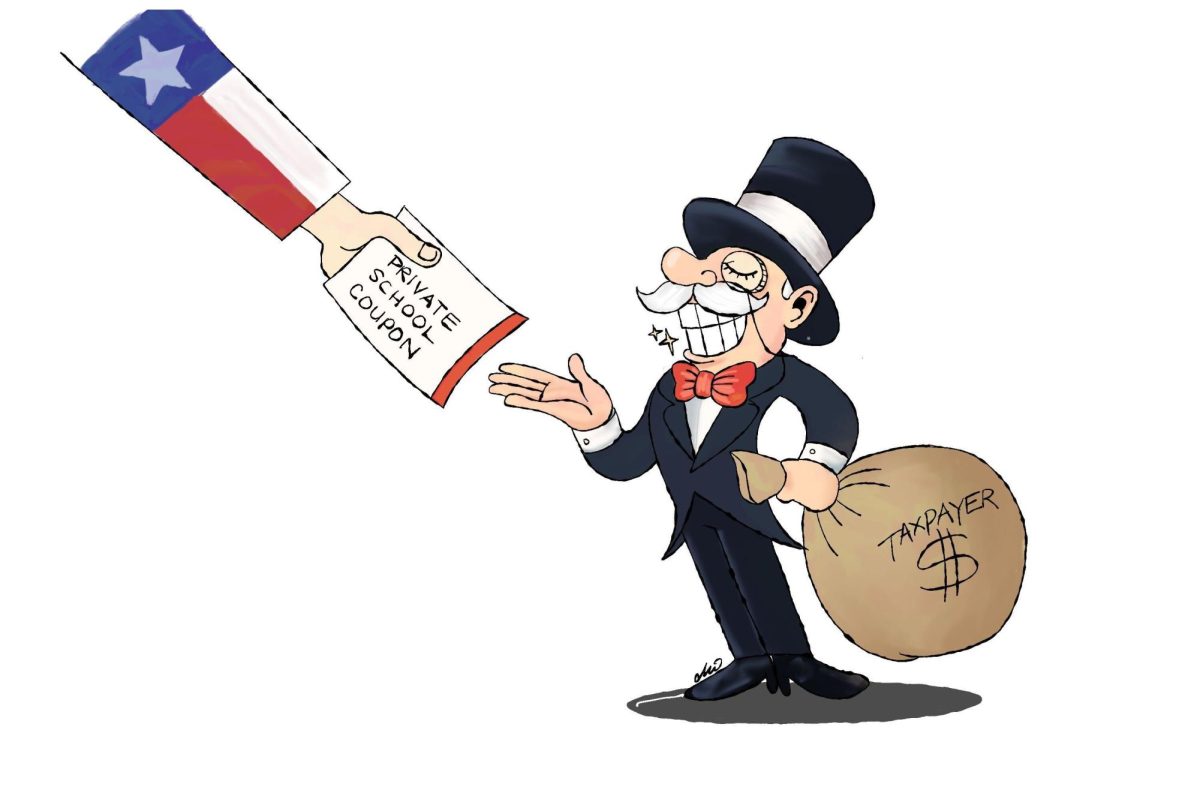If you’re like me and have a constant need for fast-paced, brightly colored stimuli, then you’re probably familiar with the popular social media app, TikTok. Its current form, born from a merger between Musical.ly and ByteDance, is one of the fastest-growing social media platforms, with over 800 million monthly users worldwide. TikTok now faces an unprecedented ultimatum with President Donald Trump having issued an executive order forcing its sale by Nov. 12 under threat of being banned. If Trump’s orders are enforced, this would signal a major change in how our government — specifically the president — can control what media Americans can view.
The executive order is based on a fear that ByteDance is giving the Chinese government access to the data of its American users. So far, there is no evidence to support this claim. TikTok has made an official statement denying this, stating that American user data is stored within the United States and is subject to U.S. policy only. The data TikTok collects is typical for most social media apps, and their methods are less invasive than other, more widely used social media sites such as Facebook. With there being no concrete cause for alarm, it is obvious that these fears are predicated on Trump’s longtime distrust of China, as well as his desire to quash any legitimate competition for Chinese owned companies operating within American markets. The president may also have a personal vendetta against the site’s users due to a large-scale prank attempting to cause low turnout to one of his rallies.
Recently, Trump approved of the U.S. business-to-business software company Oracle, which has made a bid to purchase TikTok. The cofounder-CTO of Oracle and eighth richest man in the world, Larry Ellison, has in the past stated his support for President Trump. Having hosted a fundraiser for his reelection campaign earlier this year, Ellison is also thought to be the cause of Trump’s credence in Hydroxychloroquine as a COVID-19 treatment after the two had a conversation about the drug. Trump’s good relations with Oracle go further, with co-CEO Safra Catz having been on his Transition team in 2016. Alternatively, Trump has had talks with the CEO of Microsoft, Satya Nadella over their interest in acquiring TikTok.
Allowing a president to ban or force the sale of a private company for the benefit of his personal friends and corporate donors opens a whole new layer of corporate corruption, favoritism and bribery within our political system. In the case of TikTok, it puts the viewing habits and spread of information too few layers removed from the president’s personal agenda. A massive social media app like TikTok should never run the risk of becoming a political disinformation or propaganda machine. Additionally, the outright banning of social media without just cause is a blatant violation of the First Amendment, based on a 2017 Supreme Court ruling. If Trump is allowed to do this based on a personal grudge or his unfavorable view of China, it could open the door to future presidents silencing their detractors by eliminating the media outlets they use. This could turn the United States into a real-life image of a corporate dystopia conspiracy theory, where shady backroom deals between the president and powerful CEOs results in the forced assimilation of competitors into their monopolies.
Personally, I would like to see TikTok stick around in its current form. It is a vast collection of varied and diverse communities. Whether it’s memes, skits, music, blacksmithing, foraging, vulture culture or frogs, you are sure to find users creating content specific to your interests. For Aggies, there’s even Tamuhypehouse. With over 16,000 followers and almost 300,000 likes, it caters to memes and relatable experiences made for and by A&M students.
General manager of TikTok in the U.S., Vanessa Pappas, and other U.S.-based executives say they don’t plan to yield to Trump’s order. Recently, TikTok executives declared their intention to file a lawsuit challenging the president’s decision. Whether the current precedent stands or a new one is established, this case will have a meaningful impact on how post-net neutrality America deals with censorship and the rights of Americans as social-media users.










